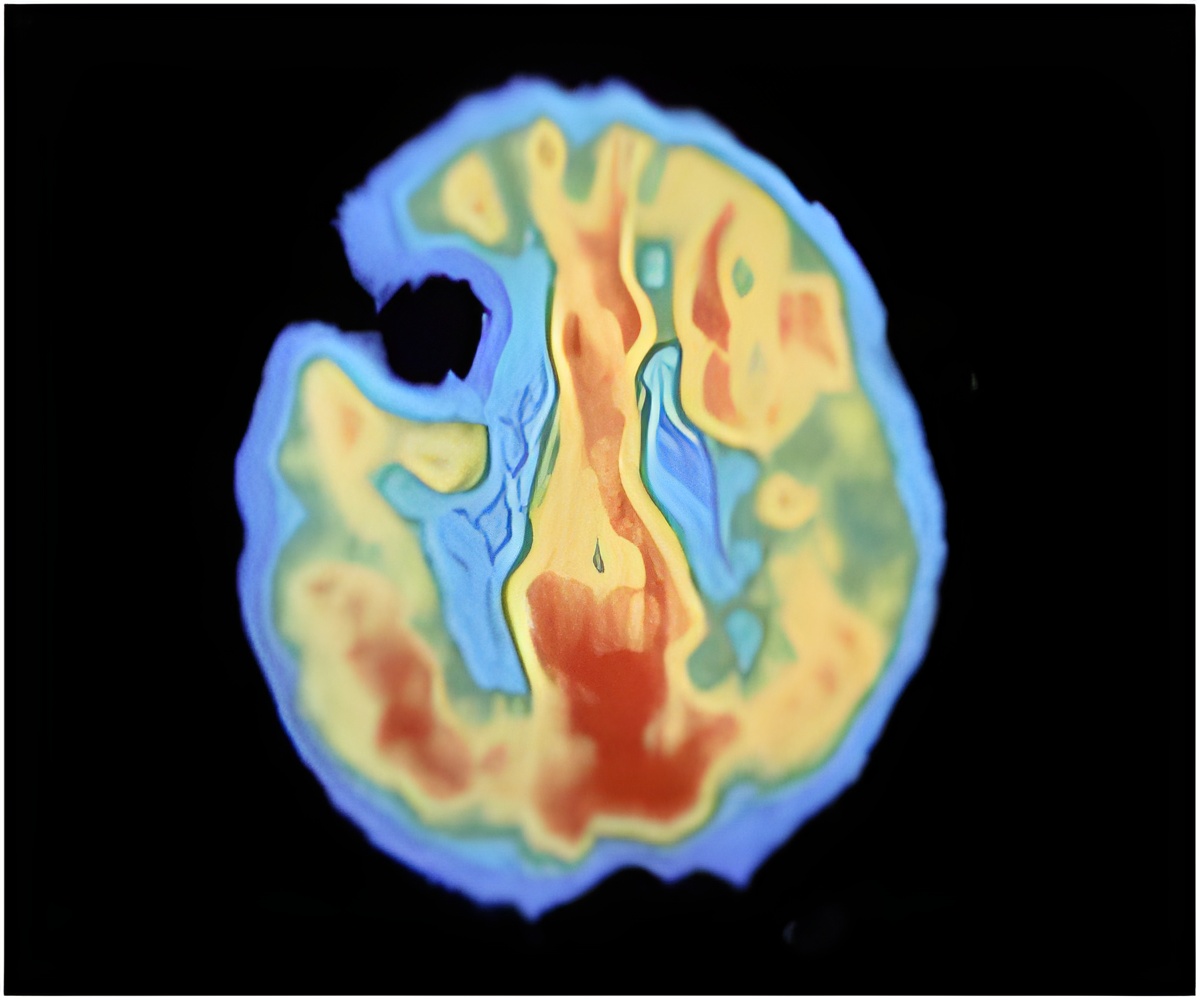At New Zealand's University of Otago, the final piece in the puzzle of understanding how the brain circuitry vital to normal fertility in humans and other mammals operates has been put together by researchers.

The research team, led by Otago neuroscientist Professor Allan Herbison, have discovered the key cellular location of signalling between a small protein known as kisspeptin* and its receptor, called Gpr54. Kisspeptin had earlier been found to be crucial for fertility in humans, and in a subsequent major breakthrough Professor Herbison showed that this molecule was also vital for ovulation to occur.
In the latest research, Professor Herbison and colleagues at Otago and Heidelberg University, Germany, provide conclusive evidence that the kisspeptin-Gpr54 signalling occurs in a small population of nerve cells in the brain called gonadotropin-releasing hormone (GnRH) neurons.
Using state-of-the-art techniques, the researchers studied mice that lacked Gpr54 receptors in only their GnRH neurons and found that these did not undergo puberty and were infertile. They then showed that infertile mice could be rescued back to completely normal fertility by inserting the Gpr54 gene into just the GnRH neurons.
Professor Herbison says the findings represent a substantial step forward in enabling new treatments for infertility and new classes of contraceptives to be developed.
"Infertility is a major issue affecting millions of people worldwide. It's currently estimated that up to 20 per cent of New Zealand couples are infertile, and it is thought that up to one-third of all cases of infertility in women involve disorders in the area of brain circuitry we are studying.
As well as the findings' benefits for advancing new therapies for infertility and approaches to controlling fertility, they suggest that targeting kisspeptin may be valuable in treating diseases such as prostate cancer that are influenced by sex steroid hormone levels in the blood, he says.
Professor Herbison is Director of the University's Centre for Neuroendocrinology, which is the world-leading research centre investigating how the brain controls fertility.
"We are delighted to have published this work in one of the top scientific journals and also to be able to maintain the leading role of New Zealand researchers in understanding fertility control," he says.
Source-Eurekalert
 MEDINDIA
MEDINDIA




 Email
Email










